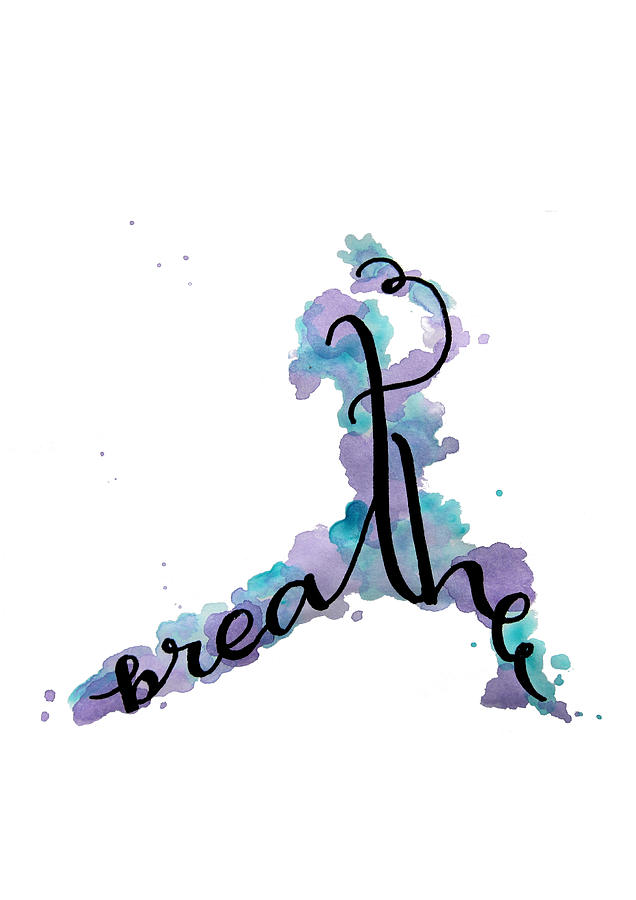My grandmother helped raise me. She helped me learn to read, and she was the one who first introduced me to Eckhart Tolle and Louise Hay. I didn't know how sick she was until I got into elementary school. That's when I learned from her and my mum about lupus and autoimmune diseases.
 |
| Louise Hay |
My grandmum's chronic stress and chronic illnesses eventually caught up to her. She was 58 when she had a heart attack and stroke within two days of each other. We watched her pass on, and then we cremated her and put her ashes in a little biodegradable box with flowers on it.
One of my favorite photos of my grandmum is one in which we're baking a pie together. I was three and of course had pumpkin puree all over my face, and she was standing across from me smiling, with her red hair tied up in a scrunchie and a dishtowel draped over her shoulder. I've been thinking of that photo a lot lately. My grandmum was amazing at inventing recipes that met vegetarian and food sensitivity needs. I remember having her pumpkin bread at Christmas and tasting the maple syrup off the mixing spoon and never feeling "bad" or "sick." When I traveled away to visit people, my sensitivities would flare up and cause skin rashes and stomach aches, but at home, I always felt good after eating. Here's to being five again!
Somewhere along the line, a combination of stress and peer pressure and homesickness made me decide that whatever physical issues I had--acne, etc.--could be cured by drastically restricting my food intake. Brilliant plan, right? #fail
All bodies are different, and our bodies are always changing. I have issues with mold and dust, and my skin does not tolerate dairy and gluten very well. Some of us do brilliantly on dairy and gluten, though. My brother loves mozzarella and goat cheese, for instance, and he can tolerate dust much more than I can, but he is seriously allergic to carrots. The reason everyone eats so differently is that we all have unique needs. In Ayurveda, the uniqueness of every individual person is emphasized. I know people who love meat proteins (if you do buy meat, please try to find as humane a provider as possible to #supportmamaearth). Meanwhile. I love almond butter on rice and sweet potatoes and bananas. Fats + Carbs = YAY.
Where am I going with this, though? Right, food restriction . . . .
Basically, I started counting calories and labeling foods a few years ago, and before I knew it, I was in a sad, isolated world. A world without pumpkin bread because I didn't know its "caloric value." Let's quit the "calories in, calories out" gig already, okay? It isn't helping us. The other day, I saw a quote from Vanessa Palencia: "Y'all saying we need to count our calories/macros, but I think Mother Nature would have carved nutrition facts into tree trunks if that were the case."
Isn't that brilliant? Mother Nature did not put nutrition fact labels on trees, or on rocks, or even in our instincts, so why do we idolize them? Why have I idolized them?
I took a break from cleaning, studying, and lesson-planning (#tutorlife) to do some baking for my family and neighbors. I made oatmeal muffins and then went to make myself some muffins, and without even realizing it, I'd added several cups of rice flour to a mixing bowl but wasn't really "measuring" anything. In the very recent past, I've been subject to this need to know exactly how much is going into the batter mix so that I don't "mess up" (translation: add too much/more than usual), but all that meticulous measuring really takes the joy out of baking. Yes, it's good to have a general idea of cups, tablespoons, etc., so that you can put a recipe together, but baking isn't an AP Chem lab, and it shouldn't be treated like one. It should be treated like a fun, relaxing, love-filled activity . . . just like it was when my grandmum and I were making pies together!
When we're eating compassionately and cooking compassionately, our bodies are magically able to keep themselves working well. Love food, love your body, love others. And if you need a little help getting started, I'm sharing a fun oatmeal muffin recipe that I make for my grandfather every week :). These muffins are gluten-free and vegan-friendly, and the only sweetener is maple syrup. They will give you a healthy dose of fiber and protein thanks to the oats, and they'll keep you feeling warmed, nourished, and happy.
Papa's Oatmeal Muffins (GF/Vegan-friendly)
Dry Ingredients
1 1/3 cups oat flour
3 cups rolled oats
2 tsp cinnamon
1 tsp ginger
1 tsp cardamon
Pinch baking powder
1 cup raisins
Wet Ingredients
1/4 cup maple syrup
1/3 cup walnut oil (or other oil if nut-sensitive)
1/2 cup water
1 1/2 cups apple puree/apple sauce
Drop of vanilla extract
Directions
- Preheat your oven to 350 degrees (F).
- In a bowl, mix together dry ingredients thoroughly. Have fun and add extra raisins if you love chewiness!
- In another bowl, mix together wet ingredients.
- Stir wet ingredients into dry ingredients until a thick, sticky batter forms.
- Using a big spoon, ladle the batter into a muffin tin. (You can oil the tin with coconut oil or another kind of oil to prevent sticking or use muffin tin liners. My favorite tin liners are by If You Care, and they're biodegradable and bleach-free.)
- Carefully put muffin tins into the preheated oven and bake for 20 minutes, or until a fork comes out clean. Remember to remove the muffin tin with a mitt on so you don't burn yourself!
- Yay, muffins!
<3 <3 <3













